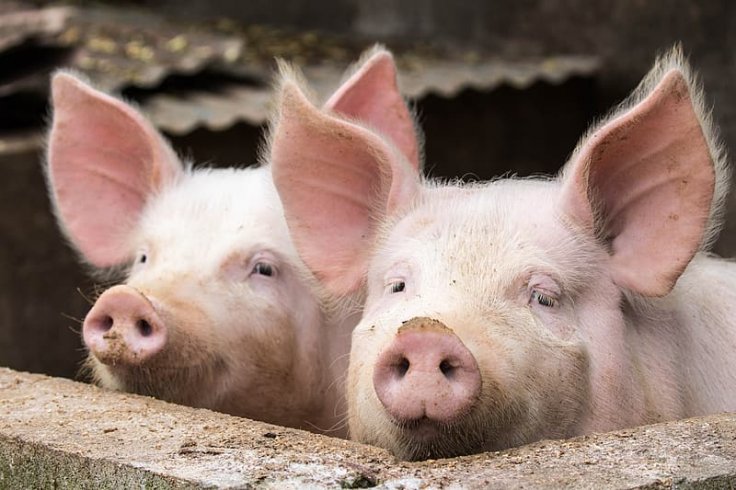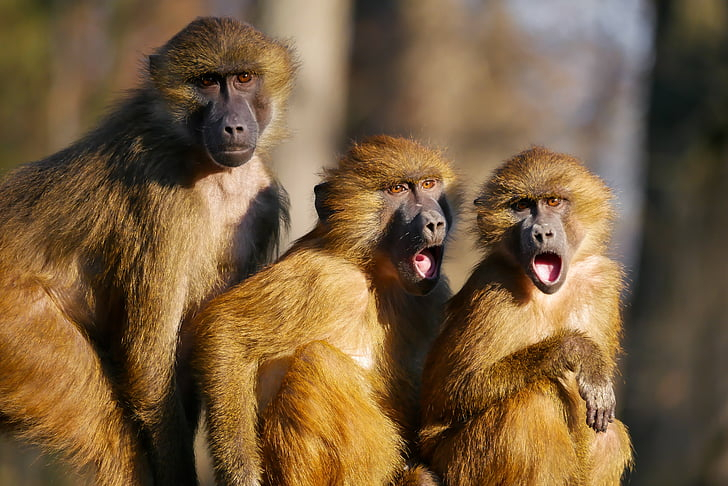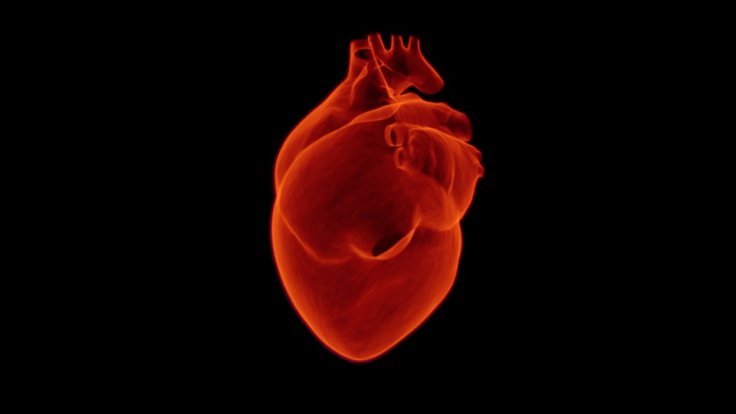The biggest hurdle faced by patients requiring organ transplants is the shortage of organ donors, with patients having to wait for over six months or more to be able to find one. This wait can be the decisive factor in their prognosis. However, a review states that hearts harvested from pigs could soon solve the drastic shortage of donor organs, and save and prolong lives.
A review paper by researchers from Massachusetts General Hospital (MGH) outlines the recent breakthroughs in the area of cardiac xenotransplantation—implantation of hearts from one species into another.

They highlighted the advancements in genetic engineering and the development of drugs that enabled the successful transplantation of pig hearts into baboons in Germany. Dr. Richard N. Pierson III, lead author of the paper, predicted that the first pig-to-human heart transplant could happen as early as the end of 2021.
Overcoming Obstacles of Immune Responses
In the paper, the authors discuss the quantum leaps that have aided in the overcoming of obstacles faced in cardiac xenotransplantation. An example is the recent transplantation of heart from pigs to baboons.
The immune systems of primates such as baboons identify pig hearts as "foreign" and launch an attack against them. This leads to organ rejection. To mitigate this, scientists have utilized genetic engineering techniques to create pigs with organs that lack specific carbohydrates that serve as the key target for the immune system.

Concerns of Blood Clots
Experiments have also shown that proteins in the lining of pig blood vessels and proteins in human blood are incompatible, and result in the formation of blood clots or thrombosis. The authors have also contributed to the development and testing of pigs that are designed to possess genes that responsible for the production of the human variant of a protein known as thrombomodulin, which moderates clotting.
Recipients of organ transplants are required to take medications to suppress the immune system and prevent the rejection of organs. "But those drugs don't work when you put a pig organ into a baboon," said Dr. Pierson.

Development of Drugs to Counter Thrombosis
In order to overcome the problem of blood clots, Dr. Pierson collaborated with other scientists to engineer monoclonal antibodies (mAb) that counter "costimulatory" molecules called CD154 and CD40. The mAbs perform effectively better than conventional immunosuppressants in preventing immune cells in baboons and humans from attacking organs from pigs.
The paper also addresses a valid concern that the current COVID-19 pandemic raises. Will transplantation of animal organs into humans transmit infectious diseases? "That looks quite unlikely. The culmination of a lot of research and hard work by our group and others over the last 35 years is that it now looks as though pig-to-human heart transplantation is feasible," answered Pierson.









